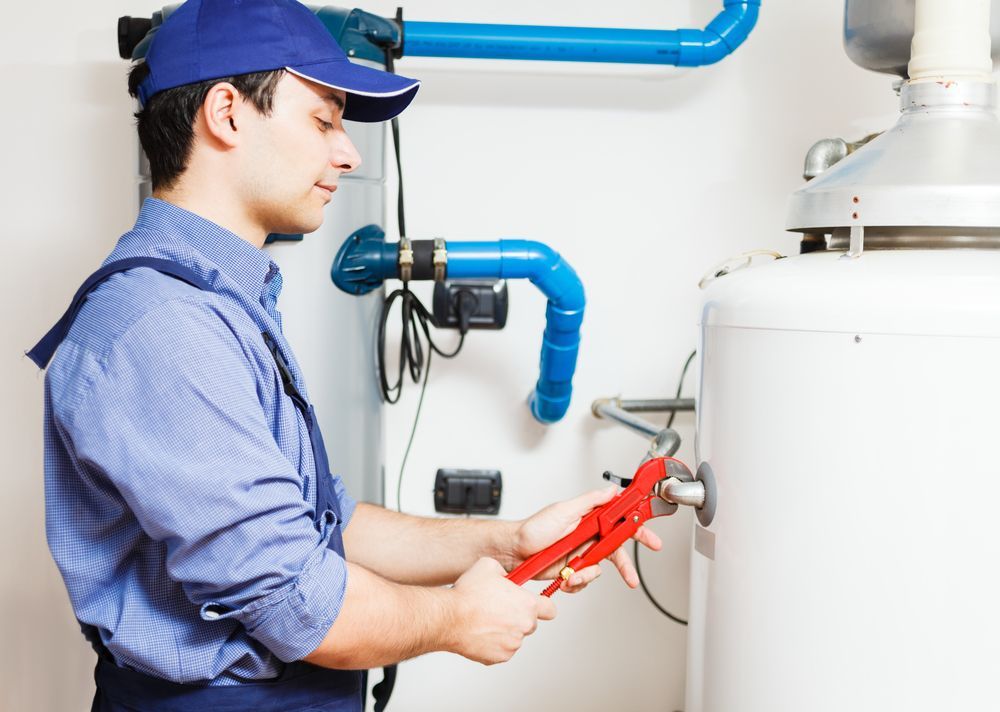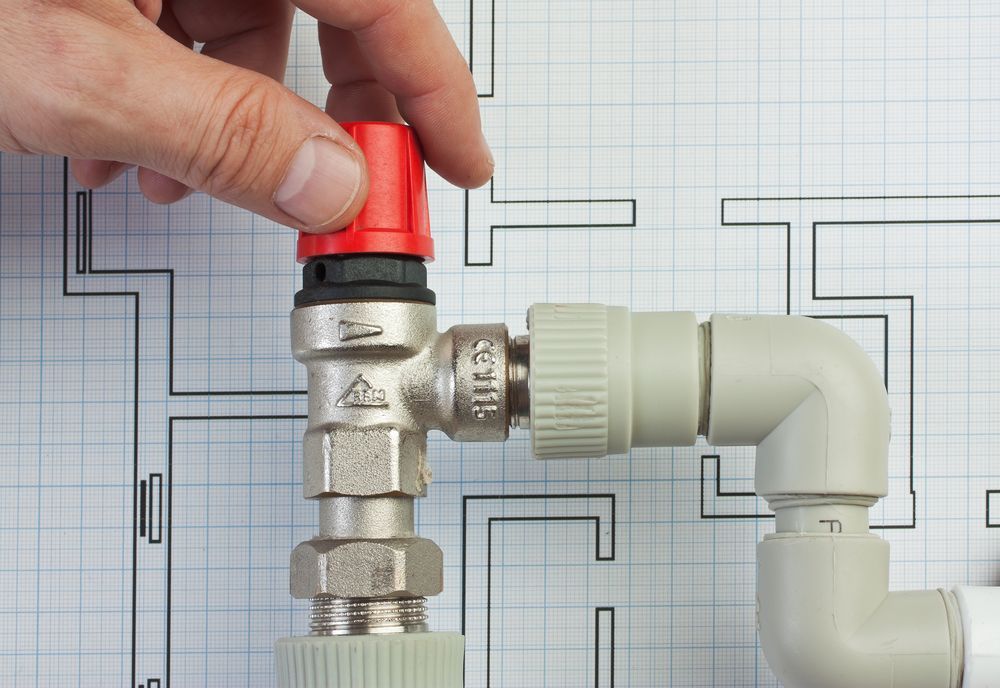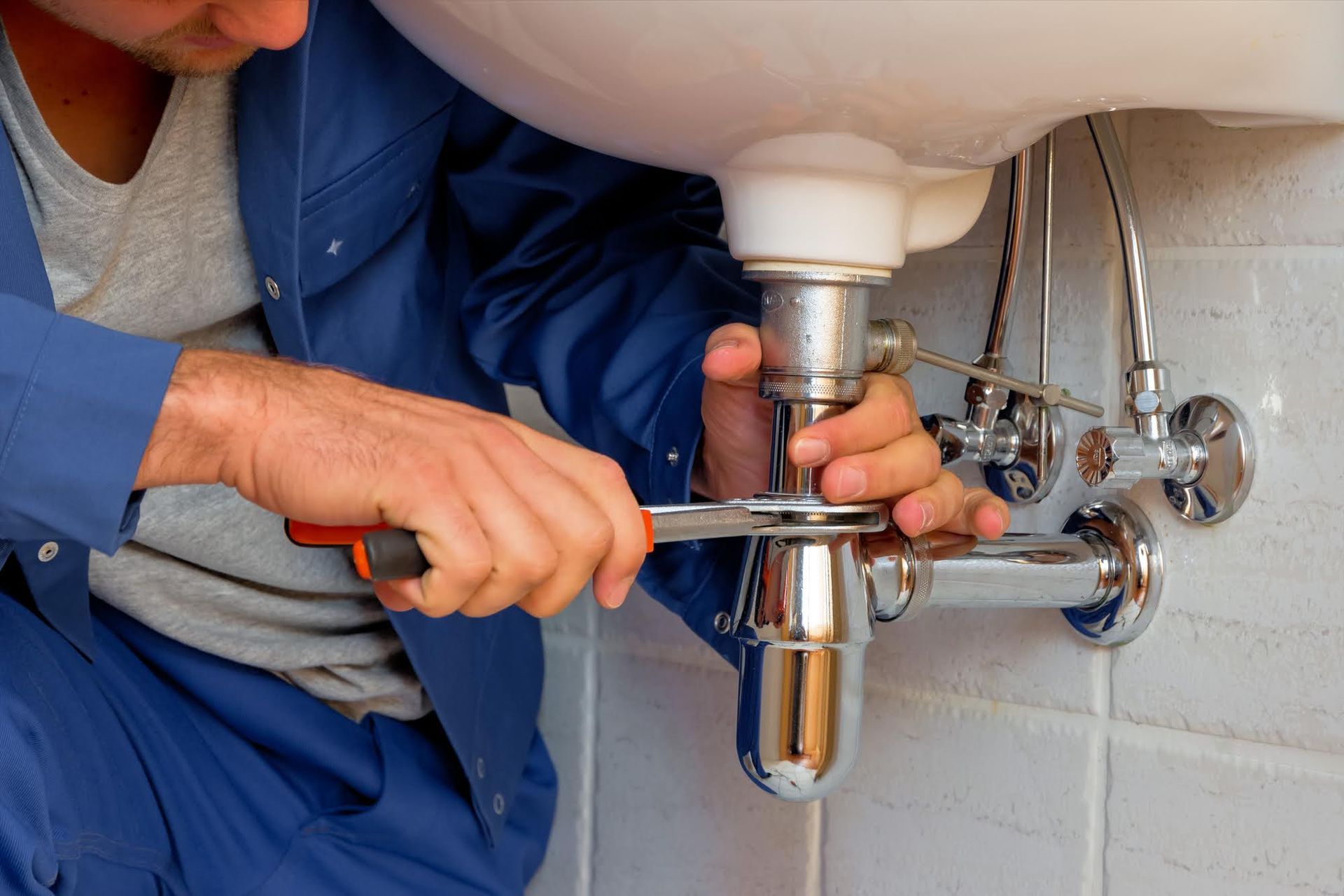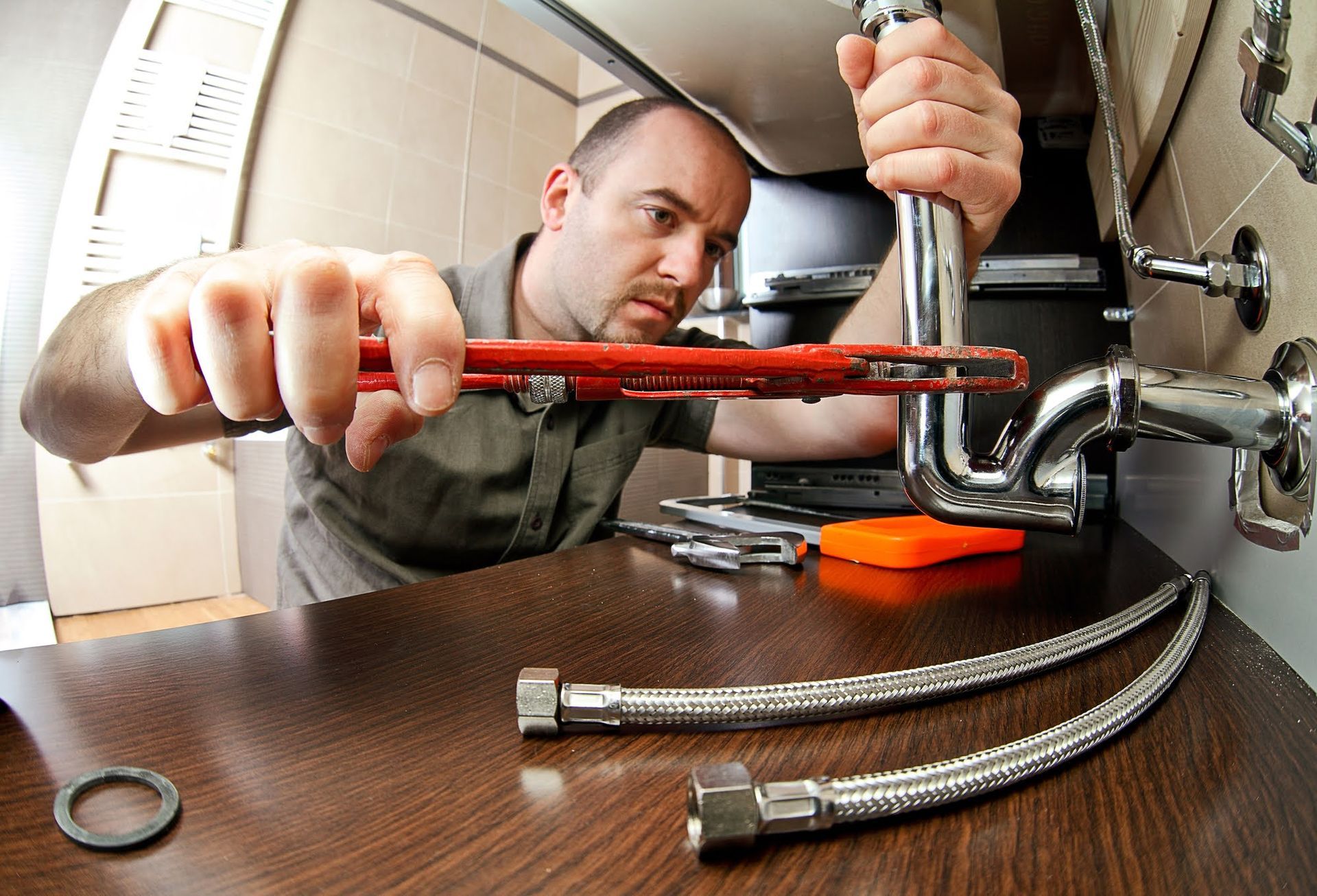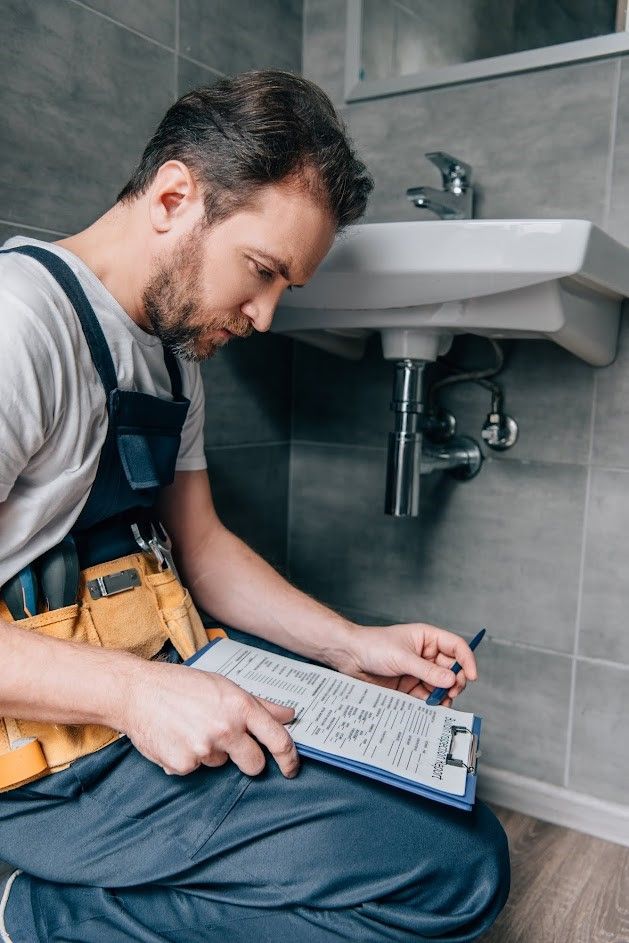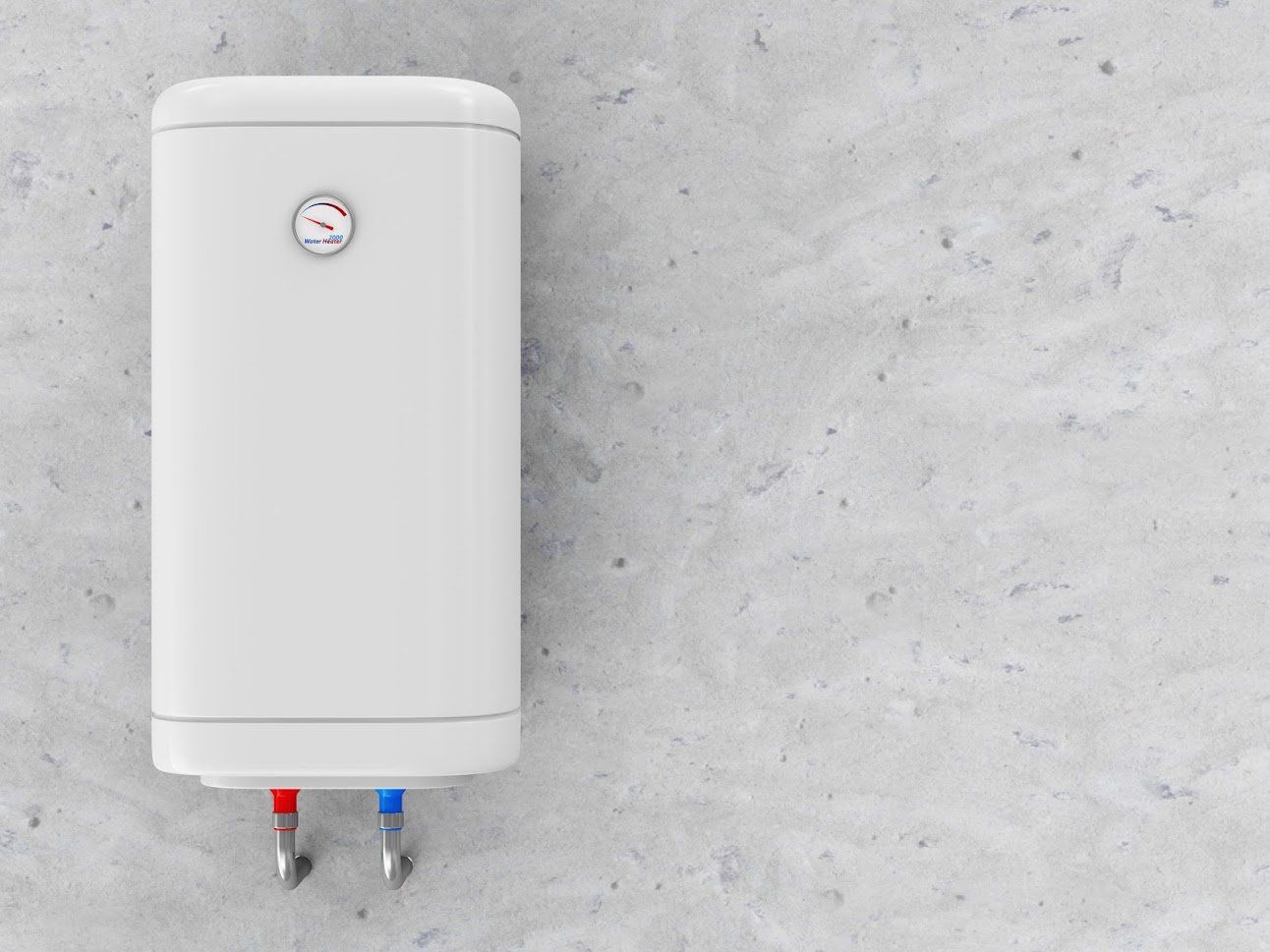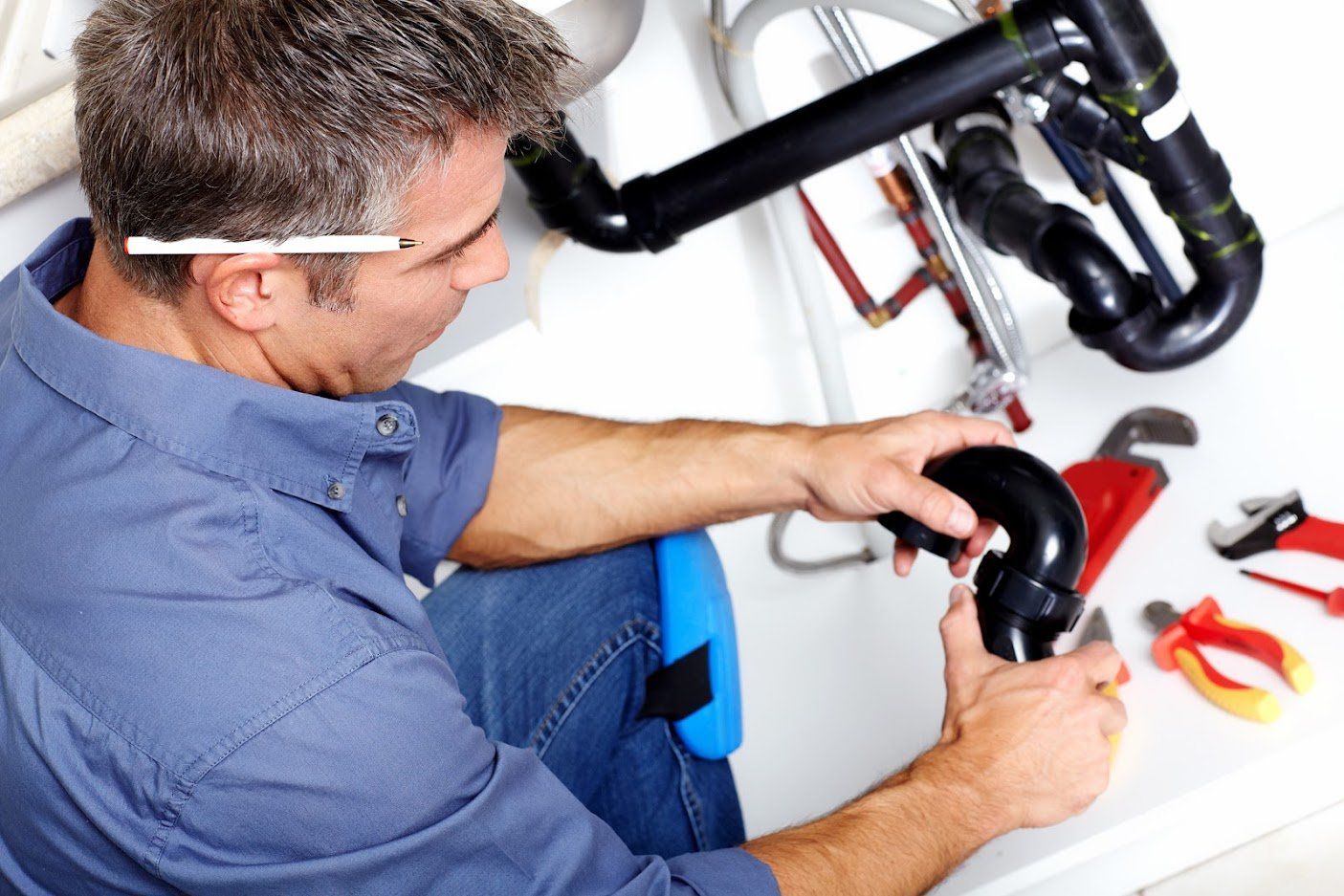
Choosing the Right Plumbing Material for New Home Construction
- By Lewis Plumbing
- •
- 19 Sep, 2023
- •
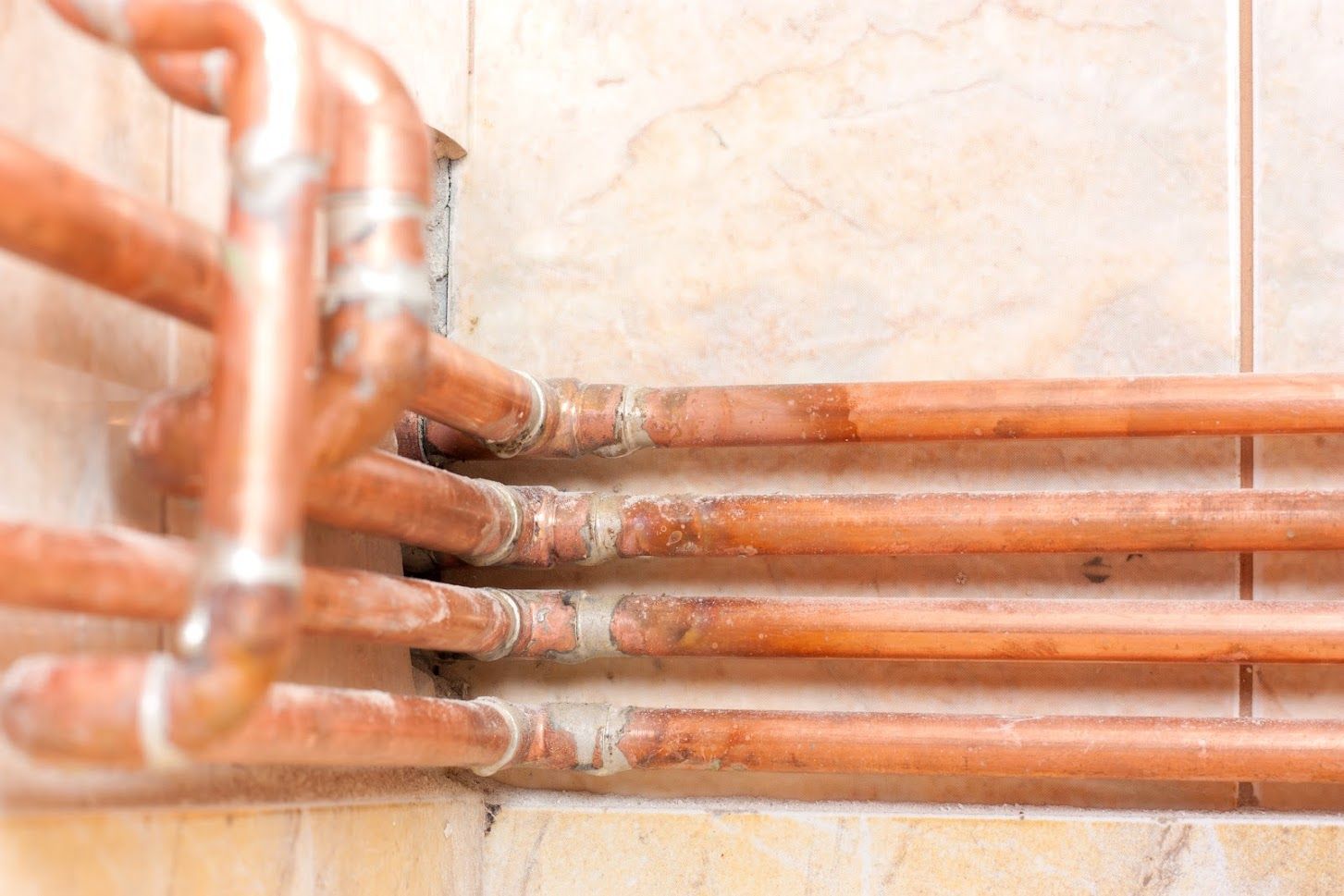
Building a new home or renovating an existing one is an exciting venture. But beyond the aesthetics of your dream living space lies the intricate network of plumbing. One of the primary decisions homeowners face is the type of piping material to use. Dive into the world of PVC, copper, and PEX pipes, assessing the pros and cons of each, to help you make an informed decision.
PVC (Polyvinyl Chloride) Pipes
PVC, characterized by its white or cream color, is often seen snaking around homes due to its diverse advantages.
Pros
- Affordability: One of PVC's primary draws is its cost-effectiveness. Not only are the materials reasonably priced, but the associated installation costs also tend to be lower.
- Low Maintenance: The inherent non-corrosive nature of PVC ensures that it remains immune to rust, granting it a potentially extended lifespan if handled and installed correctly.
- Easy Installation: The lightweight nature of PVC makes it user-friendly. Installers often find it easier to set up, reducing labor hours and associated costs.
PVC does have some shortcomings that you need to be aware of.
Cons
- Temperature Sensitivity: PVC pipes aren't built to handle hot water. When exposed to high temperatures, they can deform or warp, impacting their functionality.
- Environmental Concerns: The production and eventual disposal of PVC can introduce certain harmful chemicals into the environment, raising valid eco-concerns.
PVC shines in roles where only cold water is involved. Think of exterior faucets, toilets, and garden lines.
Copper Pipes
The distinctive, reddish-brown copper pipes are synonymous with traditional plumbing, having served homes reliably for generations.
Pros
- Longevity: One of copper's selling points is its life expectancy. With proper care, copper installations can have an incredibly long lifespan in a home.
- Heat Tolerance: Copper isn't picky about temperatures. Whether you're dealing with hot or cold water, copper pipes are up to the task.
- Natural Material: Copper's recyclability sets it apart. Being a natural element, it poses fewer environmental hazards both in production and recycling.
Copper does present some challenges that may influence if you want to use the material.
Cons
- Cost: In terms of material cost and the intricacy of installation, copper demands a heftier budget compared to PVC and PEX.
- Corrosion Risk: While generally durable, certain environmental factors, especially acidic water, can cause copper to corrode over time.
Given its heat-friendly nature, copper is ideal for hot water applications—think water heaters, showers, and kitchen sinks.
PEX (Cross-linked Polyethylene) Pipes
Pros
- Versatility: PEX doesn't discriminate between hot and cold water, making it a favorite for comprehensive plumbing applications.
- Easy Installation: The pliable nature of PEX minimizes the need for joints. Fewer joints translate to fewer leakage points in the long run.
- Cost-Effective: PEX strikes a middle ground in terms of cost. It's pricier than PVC but generally offers savings compared to copper.
PEX isn't without potential pitfalls.
Cons
- UV Sensitivity: Direct sunlight isn't a friend to PEX. Continuous exposure can weaken the material, limiting its outdoor applications.
- Recyclability Issues: Current recycling infrastructures aren't optimized for PEX, which can pose disposal challenges.
PEX's flexibility makes it a prime choice for intricate plumbing networks. It's apt for areas requiring pipe bends or running through tight spaces, covering both hot and cold water needs.
Selecting the right plumbing material is an exercise in balancing immediate costs with long-term value, utility, and sustainability. As you mull over these options, remember to consult with Lewis Plumbing to tailor the best solution for your home's unique needs.
Contact Information
Payment Option







Hours of Operation
- Mon - Fri
- -
- Sat - Sun
- -
Send us a Message
Contact Us
We will get back to you as soon as possible
Please try again later
Santa Barbara's # 1 Plumbing Company Since 1948
Specializing in Plumbing, Sewer & Drain, Water Heaters and Bathroom Remodeling for California's Santa Barbara.
Contact Information
Payment Option







Hours of Operation
- Mon - Fri
- -
- Sat - Sun
- -
Send us a Message
Contact Us
We will get back to you as soon as possible
Please try again later

